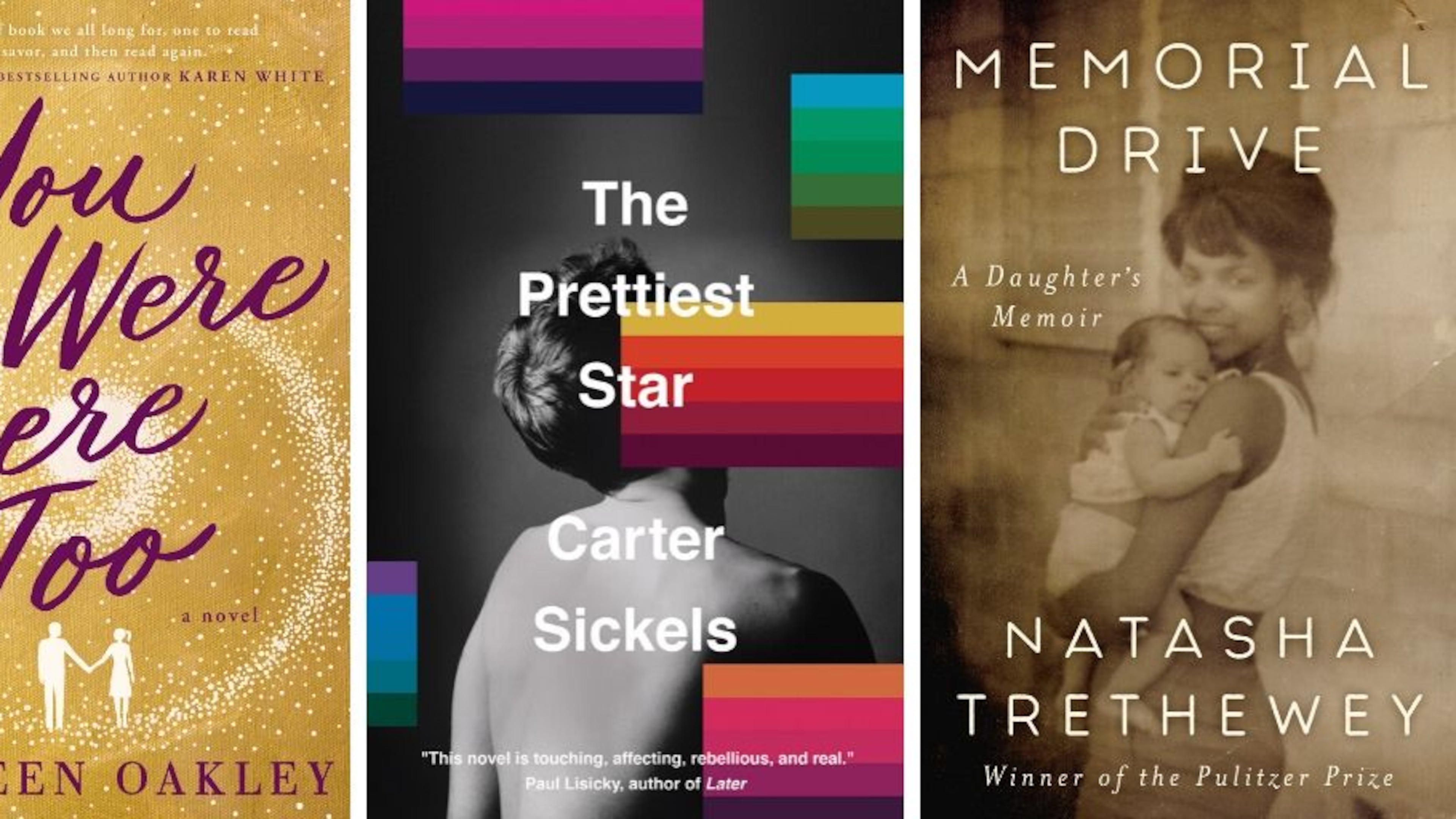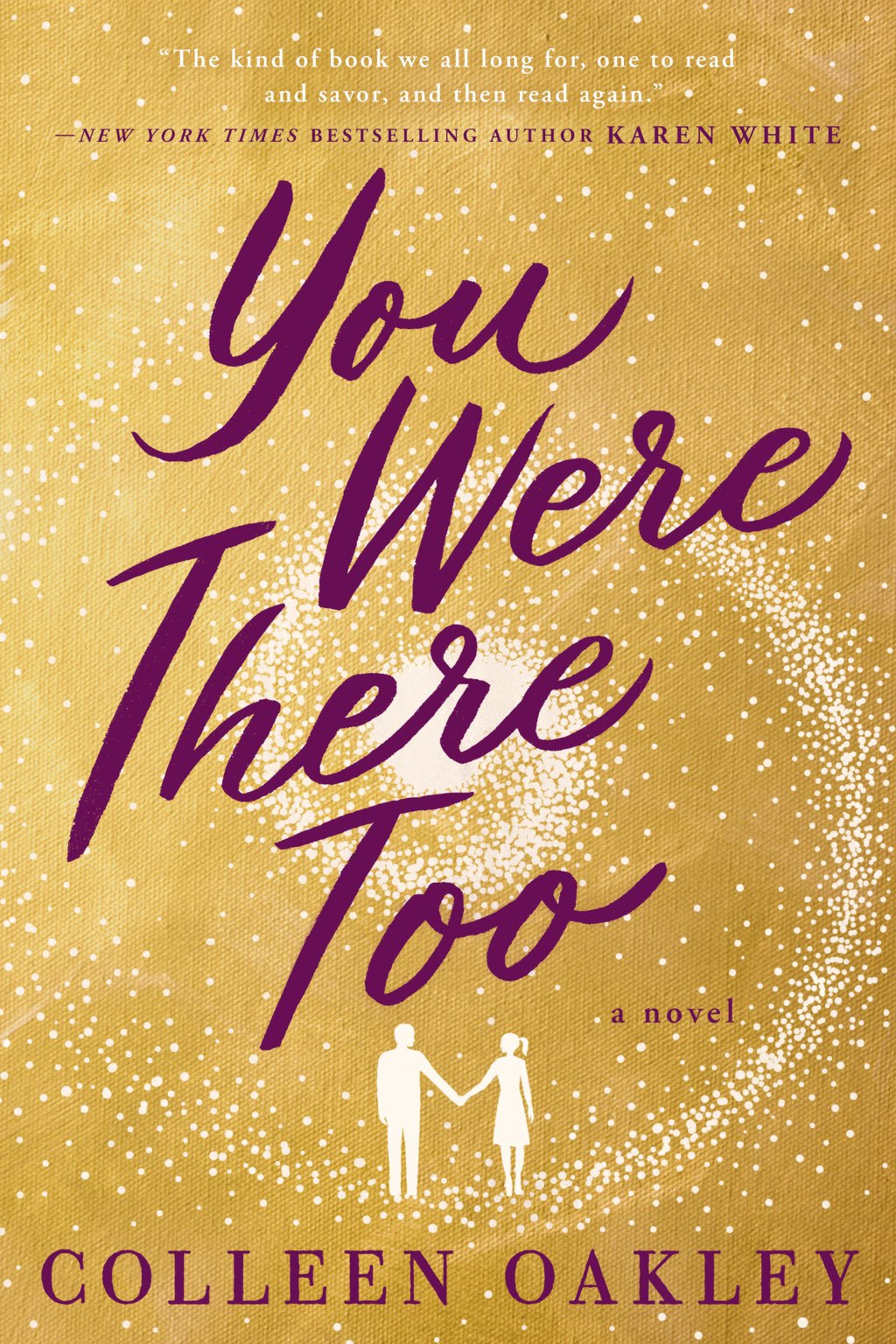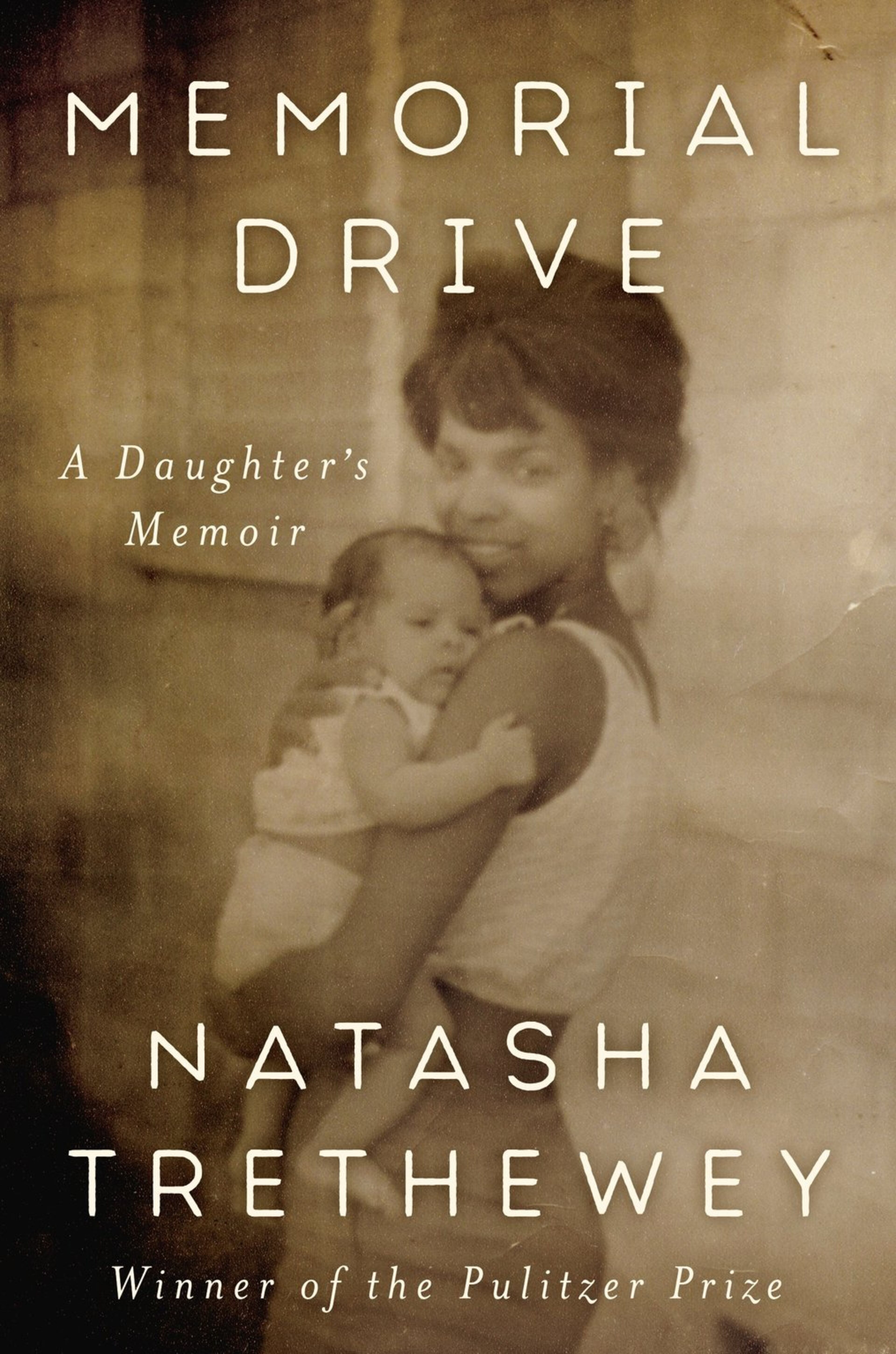10 Southern books we can’t wait to read in 2020

The ’80s figure prominently in several new books coming out this year. “Cool Town” by Grace Elizabeth Hale explores the Athens music scene from that era. Carter Sickels’ novel takes us back to the height of the AIDS crisis. And Natasha Trethewey’s memoir “Memorial Drive” returns to that fateful day in June 1985 when her mother was murdered. All three books landed on our list of 10 Southern books we look forward to reading this year.

'You Were There Too.' Most newlyweds can't begin to comprehend the enormity of "till death do us part." Mia is convinced she is happily married to Harrison, with whom she shares a new home in small-town Pennsylvania and a desire to start a family. So why does the same unknown man keep appearing in her dreams, and who is he? Things really get weird when she encounters the man in her waking life and discovers she's been appearing in his dreams too. These strange events prompt Mia to ponder what her life might be like if she had followed a different path. Atlanta author Colleen Oakley explores the mysterious world of dreams and the true meaning of happily ever after in her third novel. (Berkley Trade Paperback, out now)

'Race Man.' The San Francisco publishing house that produced books by Noam Chomsky, Howard Zinn and Jack Kerouac gives us this complete collection of writings by the late Julian Bond. A compilation of speeches, interviews and articles for publications such as Ebony and The Washington Post, the book spans the Georgia congressman's career as a civil and human rights leader from his undergraduate days at Morehouse College, where he was a founding member of the Student Nonviolent Coordinating Committee, until the end of his life, when he championed gay marriage. Topics include his opposition to Jimmy Carter and Clarence Thomas, the bitter end to his friendship with John Lewis, and homophobia among African Americans. (City Lights Publishers, out now)
'Hitting a Straight Lick with a Crooked Stick.' In addition to her novel "Their Eyes Were Watching God," Harlem Renaissance writer Zora Neale Hurston wrote 21 short stories, and they're all collected here for the first time in a single volume. Many of the stories are set in her hometown of Eatonville, Florida, but — defying her reputation as a writer solely of rural stories — several have urban settings and explore the Great Migration, when 6 million African Americans left the South between 1916 and 1970. Filled with her signature sense of humor, effervescent prose and phonetic dialogue, these stories explore all aspects of the human condition. The book includes a foreword by Tayari Jones and an introduction by the book's editor, Texas Woman's University English professor Genevieve West, that provides biographical details about the author's life, context for some of her stories, and insight into the significance of her work. (Amistad, Jan. 14)

'A Good Neighborhood.' Therese Anne Fowler, the New York Times bestselling author of the historical novels "Z: A Novel of Zelda Fitzgerald" and "A Well-Behaved Woman," switches genres with this contemporary novel about the personal price of gentrification. The Alston-Holts are an African-American family living in a modest house on a wooded lot in a neighborhood in North Carolina. One day, a similarly modest home on the lot behind them is razed, and an ostentatious new house is constructed that dwarfs the yard. Upon completion, a white family, the Whitmans, moves in. That's when tensions mount. What transpires between the neighbors has devastating consequences in this examination of what can happen when one person's improvement is another person's displacement. (St. Martin's Press, March 10)

'Race Against Time.' Jerry Mitchell was an investigative reporter covering courts in Jackson, Mississippi, in 1988 when the movie "Mississippi Burning" premiered. About the 1964 murders of three civil rights workers, the movie prompted Mitchell to investigate the unsolved killings by members of the Ku Klux Klan. As a result, the case was reopened and prosecuted, as was the murder of NAACP leader Medgar Evers in Jackson and the bombing of the 16th Street Baptist Church in Birmingham, Alabama, that killed four black girls. Written like a crime thriller, "Race Against Time" is Mitchell's own account of uncovering some of the South's deepest, darkest secrets. (Simon & Schuster, Feb. 4)

'So We Can Glow.' The girls and women at the center of this collection of 41 short stories by Kentucky author Leesa Cross-Smith come from all walks of life. They are wives, mothers, sisters and daughters. They are cello players, nannies, students and tourists. But they all share the same object of desire: men. Whether driven by love, lust, frustration, fantasy or obsession, the protagonists are fixated on members of the opposite sex. Some stories barely take up two pages, others stretch much longer. Some stories are told in text messages, emails or within the stage directions of a script. Together they paint a multifaceted picture of female desire. (Grand Central, March 10)
'Cool Town.' On paper, a professor of American studies and history at the University of Virginia writing a book about the 1980s music scene in Athens and the birth of alternative music sounds more square than cool. But Grace Elizabeth Hale is not your average academic. The author of "Making Whiteness: The Culture of Segregation in the South" was a student at the University of Georgia during the early days of R.E.M., the B-52s and other bands of that era. As a member of the band Cordy Lon with her future husband, David Levitt, she was also part of the scene. Her personal experience as an insider, combined with a scholarly approach to research, results in a fascinating examination of a seminal era in rock history and what made Athens a hotbed of musical creativity. (University of North Carolina Press, March 23)
'The Book of Longings.' Sue Monk Kidd, The New York Times bestselling author of "The Secret Life of Bees," takes a daring leap into historical fiction with her ambitious tale of Ana, the wife of Jesus. With the help of her closest allies, including her friend Tabitha, who is sold into slavery, and Phasaelis, the wife of Herod Antipas, Ana is forced to flee Nazareth for Alexandria just as her husband begins his public ministry. Deeply researched and reverent, "The Book of Longings" explores the importance of women making their voices heard in a time when the powers that be strive to keep them silent. (Penguin Random House, April 21)

'The Prettiest Star.' During the height of the AIDS crisis in the mid-1980s, Brian is forced to leave New York City and return to his home in Appalachia when he's diagnosed with the virus that was a death sentence in those days. Told from multiple viewpoints, Carter Sickels' moving story chronicles a family coming to terms with the impending loss of a loved one and the shame and fear surrounding the disease. (Hub City, April 14)

'Memorial Drive.' Pulitzer Prize-winning poet Natasha Trethewey turns her gift for storytelling to a memoir in this slim, elegant account of her mother's murder and all that transpired after it, including how the author transformed the pain of her loss and a life steeped in racism into words that transcend hatred and violence to uplift others. (HarperCollins, July 28)


